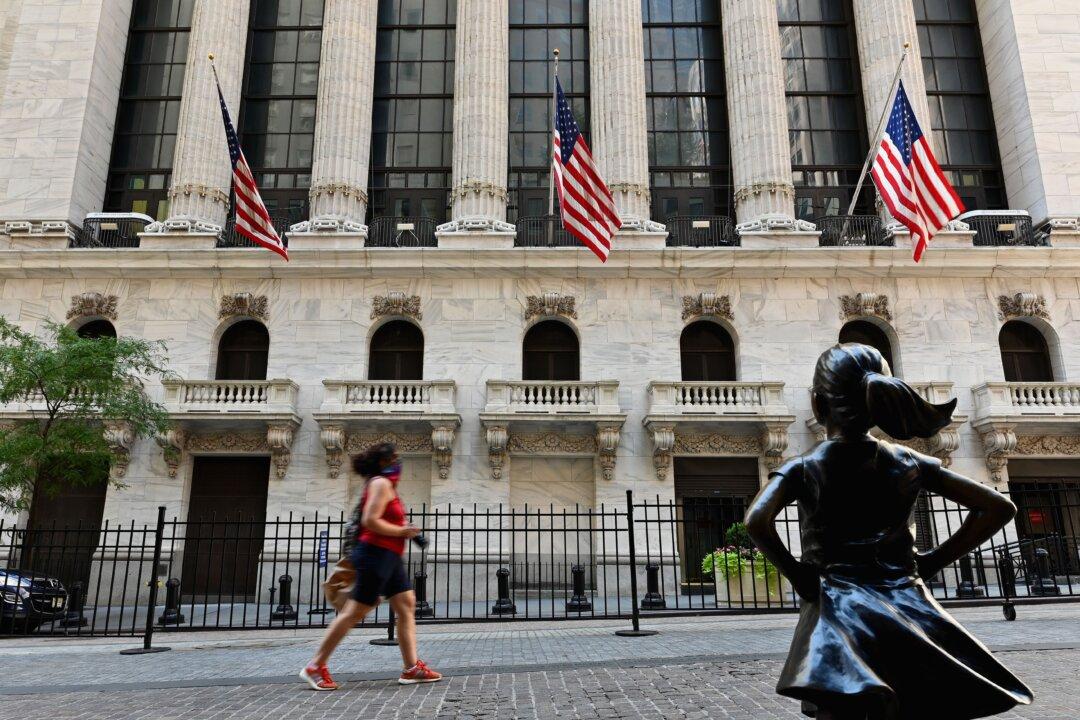WASHINGTON—A rising number of Chinese companies are considering delisting from the U.S. stock exchanges as Washington increases its crackdown on foreign companies that fail to comply with U.S. audit standards.
Chinese online travel giant Ctrip is the latest company reportedly exploring going private. The company has held early-stage talks with a number of investors, including private equity firms and tech companies, about funding its delisting from Nasdaq, Reuters reported.





